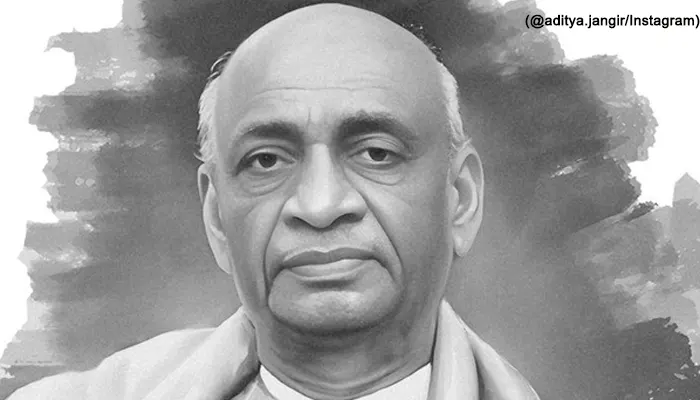
Don’t believe everything you hear about AI — here’s the truth behind the hype.
In the modern AI-driven world, it’s tempting to believe that machines are catching up with us — thinking, feeling, even understanding like humans do. From sci-fi hits to WhatsApp forwards claiming AI will soon ‘replace’ us, the myth that AI can think like humans is widespread — and misleading. The truth is AI isn’t thinking. It’s calculating. And that difference is crucial.
Let’s break down this myth and understand what AI can (and can’t) really do — especially for those exploring the future of technology.
Myth: AI Can Think Just Like a Human Brain
At a first glance, AI seems eerily intelligent. Now, AI can write poems, crack jokes, and even mimic emotions. But thinking involves self-awareness, consciousness, and genuine understanding — something no AI tool has achieved.

Truth: AI is dependent on data, algorithms, and pattern recognition. It doesn’t “know” anything — it just identifies patterns in what it has seen before. When ChatGPT helps write your email or when Alexa responds to your voice, they’re basically using pre-programmed logic and learned patterns, there's no true thought process behind it.
Myth: AI is Equivalent to Human Brain
The miracle of biology, the human brain can feel, question, imagine, and experience empathy. AI can simulate parts of this — but it lacks context, intuition, and emotional depth.
Let's understand in a better way:
A human child learns through play, emotion, and experience.
AI “learns” by crunching millions of data points — there's no joy or curiosity involved.

Even the most advanced AI tool can never match a child’s ability to invent, dream, or love. That’s because intelligence isn’t only about logic — it’s layered with emotion, memory, and meaning.
Myth: AI Can Make Independent Decisions
Some believe that AI is becoming so smart that it will make its own decisions, free from human control.
Truth: AI follows the instructions given by humans. Even when it seems autonomous, it’s acting based on its training data and the parameters already set by developers. AI has no real intent or awareness. In India’s context, when AI is used for traffic management or digital payments, it’s not “deciding” — it’s processing previously set instructions and optimizing outcomes based on past data.
Myth: AI Can Easily Replace Human Intuition
From diagnosing diseases to predicting stock market trends, many argue that AI might soon outpace human intuition.

Truth: AI can help in decision-making but cannot replace human intuition, which is shaped by life experience, emotions, and cultural nuances. These things can’t be coded. In a country like India, where regional diversity influences everything from language to business, human understanding still holds the key to make sense of context.
India’s AI Future: Smarter, Not Human
India is rapidly adopting AI — in agriculture, health, education, and administration. But understanding the limits of AI is crucial for safe innovation. The aim isn’t to create machines that “think like us” — it’s to build tools that enhance human intelligence, not replicate it.
In classrooms, AI can personalize learning. In hospitals, it can speed up diagnostics or admission procedures. But in both cases, human values, empathy, and decision-making still drive the outcomes.

Why Busting This Myth Matters
Believing that AI thinks like us can lead to a lot of dangerous assumptions — such as trusting machines blindly or fearing job loss without understanding the need of upskilling. In a diverse and dynamic country like India, the real power lies in collaboration between human creativity and machine efficiency.
From the inception of AI, the core idea hasn't really changed much — it’s here to assist and amplify human creativity and skills. So, next time you hear someone say “AI can think like a human,” ask them: “Can it dream, empathize, or love?”
Let’s keep the heart in human intelligence — and AI tools do what they do best: compute, not contemplate.



.webp)

.webp)






